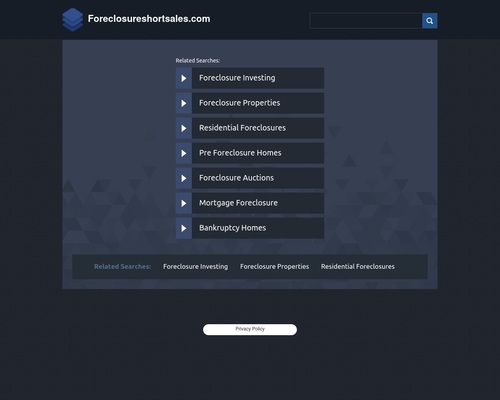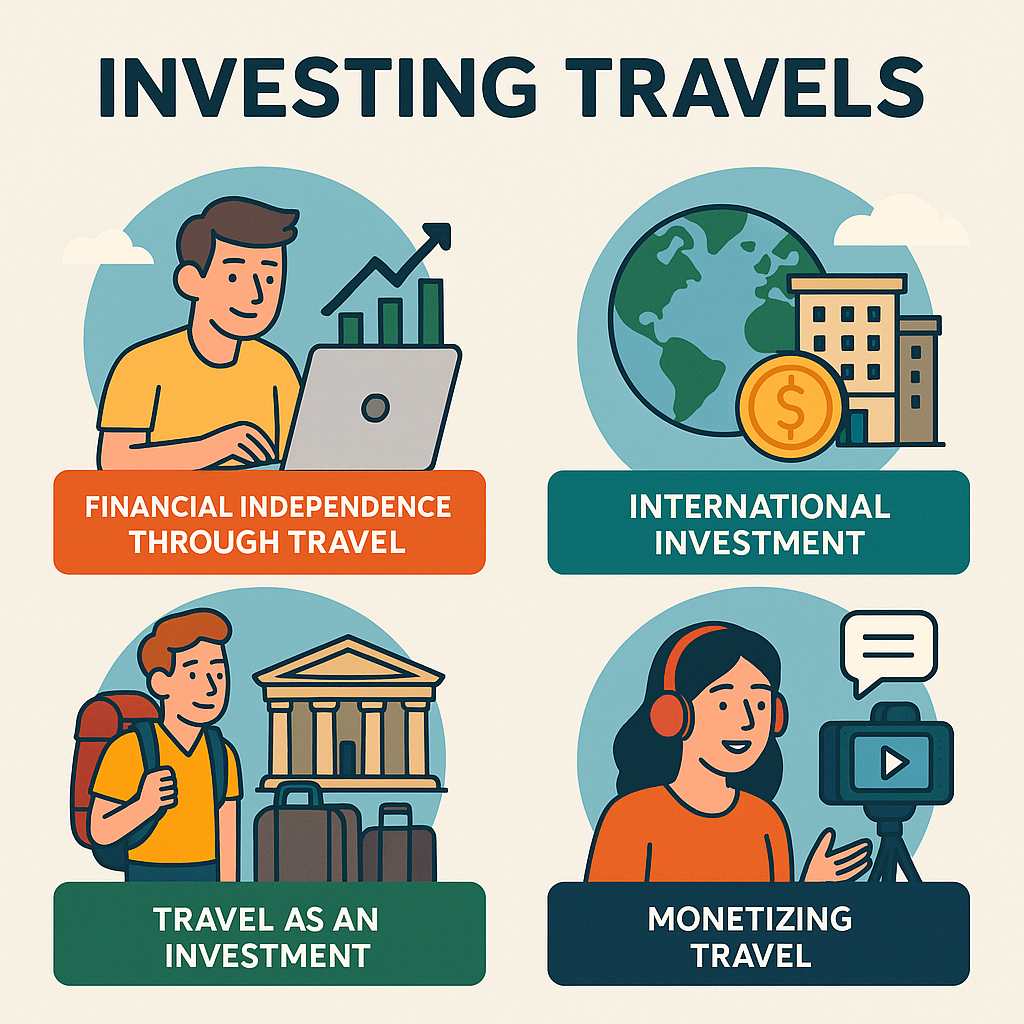

Self-Directed IRAs – The Little-Known Secret That Allows Real Estate Investors to Create True Wealth!
Many of America’s 45 million households with IRAs stick with stocks and bonds, but an increasing number are switching to real estate, hoping for more lucrative returns. Investors have always been allowed to hold real estate in IRAs. Yet few people seemed to know they could, and financial institutions had little profit incentive to recommend something other than stocks or mutual funds.
Investors have been rethinking their strategies as the increase in home values surpasses returns on Wall Street. If you are a seasoned real estate investor or you’re just looking to diversify your retirement portfolio, the combination of real estate and your IRA can be very powerful and lucrative. If you have substantial assets in your IRA and if you take the next few minutes to master the guidelines, you can utilize the stash of money in your IRA to compound your wealth at a much faster rate.
Seven Things Every Real Estate Investor MUST Know about Investing in Real Estate with a Self-Directed IRA
1) Your IRA Cannot Purchase Property Owned by You or a Disqualified Person: “Can my IRA purchase a property that I own?” The answer is always no.
IRS regulations don’t allow transactions considered “self-dealing,” and they don’t allow your self-directed IRA to buy property from or sell the property to any disqualified person, including yourself.
2) You Cannot Have “Indirect Benefits” from Property Owned by Your Self-Directed IRA: Can your self-directed IRA purchase a vacation home for occasional use? Can you rent office space for yourself in a building that your self-directed IRA owns?
No. The purpose of the IRA is to provide for your retirement at some future date. It’s not intended to benefit you (or any other disqualified person) today. If your IRA engages in a transaction that, in some way, benefits you or a disqualified person, this is considered an “indirect benefit.”
3) Real Estate IRA Investments Are Uniquely Titled: You and your IRA are two separate entities. The investment needs to be titled in the name of your IRA, not in your name.
4) Real Estate in an IRA Can be Purchased without 100% Funding from Your IRA: You can purchase property in more ways than just an outright purchase of the full amount from your account. These other options include using undivided interest and partnering with others.
5) IRA Investments that Use Financing Must Pay UBIT: Your self-directed IRA can purchase real estate using financing as long as the loan is non-recourse. If you do use financing, unrelated business income tax (UBIT) is due.
6) Real Estate IRA Expenses Must Be Paid from Your IRA: All expenses related to property owned by your self-directed IRA (maintenance, improvements, property taxes, condo association fees, general bills, etc.) must be paid from your IRA.
7) Real Estate IRA Income Must Return to Your IRA: All income generated by property owned by your self-directed IRA must be paid into your IRA
Fees Associated with an SDIRA
Fees will vary from custodian to custodian, but they are usually workable for the investor. Many range from $50 for the setup fee to fixed amounts depending on the amount in your portfolio. For example, a portfolio of less than $100,000 could mean just $360 in fees. There are many well known, reputable custodians such as Equity Trust, Securities Trust, and Pensco Trust. Be sure to do your homework and research each company first.
Here’s a recent question I’ve recently received about Roth IRAs:
QUESTION:“Let’s imagine the following scenario: you come across a person who wants to sell his retail store. Let’s say he sells widgets. So, my SD-Roth IRA buys the LLC (Widgets, LLC). I know that in this type of setup, I cannot run the business, so I hired the current store manager to be the required 3rd party manager. Widgets, LLC, makes $1000 in gross sales. $500 for rent -$300 for payroll -$100 for utilities, inventory, etc. That leaves $100, which the manager then sends to the SD-Roth IRA. In this scenario, would that mean that the LLC itself shows 0 profit, and at the end of the year, is only liable for the $800 annual fee and payroll taxes on the one employee/manager? Or am I missing something?”
MY ANSWER:UBIT (Unrelated Business Taxable Income) applies even in a ROTH IRA. The governing factor is that the IRA is now engaged in a business that does not fit with its tax-exempt purpose. A 35% rate, so this needs to be planned carefully. I address many of these issues in my Wealth Building Plan. Make sure you are getting the best tax advice. Let me evaluate your financial and tax situation, then develop a customized tax strategy just for you. Together, we will come up with a strategic plan designed to answer your questions as you build your own customized wealth-building plan.
I address many of these issues in my Wealth Building Plan. Make sure you are getting the best tax advice. Let me evaluate your financial and tax situation, then develop a customized tax strategy just for you. Together, we will come up with a strategic plan designed to answer your questions as you build your own customized wealth-building plan. You can get more information at Wealth Building Plan. https://bostonrealestateinvestorsassociation.com/all-about-self-directed-iras/








